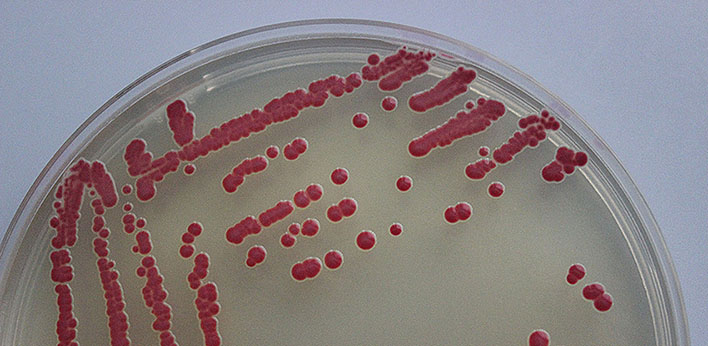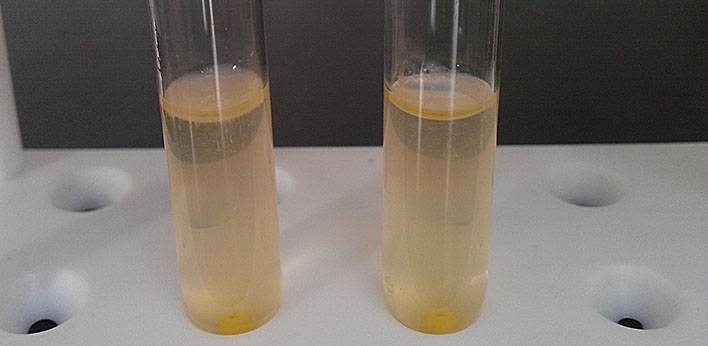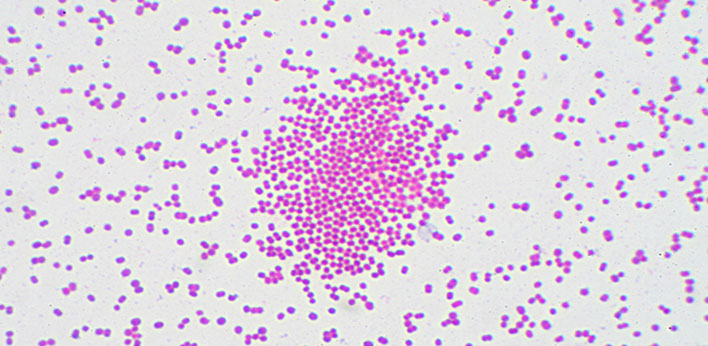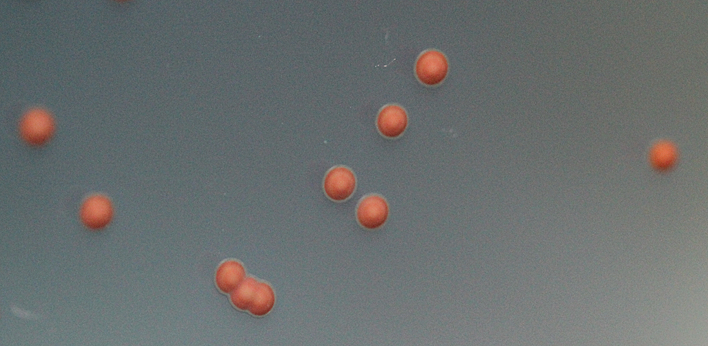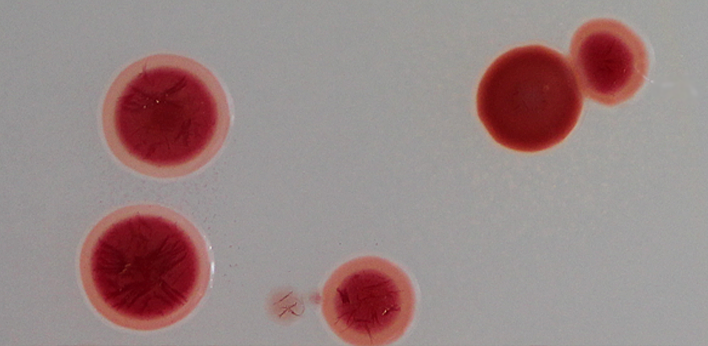Funding source: Croatian Science Foundation
Duration: 01. 09. 2015 – 31. 10. 2019
Principal investigator: Prof. Dr. Jasna Hrenović
Budget: 999,210.00 HRK
Project no.: IP-2014-09-5656
Abstract:
Acinetobacter baumannii is an opportunistic pathogen responsible for nosocomial infections in immunocompromised patients, which emergence in hospital acquired infections increase dramatically over the last decade, both in Croatia and worldwide. Infections with A. baumannii are difficult to treat due to its ability to express multiple intrinsic and acquired mechanisms responsible for multidrug-resistance (MDR) to antibiotics, biofilm formation, and long-term persistence in hospitals. Outbreaks of A. baumannii infections are considered to be caused exclusively by contamination and transmission in hospital environment. MDR A. baumannii were detected in hospital wastewater, but such data are lacking in Croatia. The prevalence of clinically important Acinetobacter spp. in nature and their potential to migrate into and/or out of the hospital environments are undefined to date. The natural habitats of clinically important MDR A. baumannii remain to be defined. Larger screening and epidemiological studies should be performed to investigate the impact of human waste on the spread of MDR A. baumannii. The objective of the proposed project is to isolate viable MDR A. baumannii from the environmental samples of wastewater and soils. The environmental isolates will be genotyped and their phylogenetic relation to human isolates will be determined, as well as the profiles and genes responsible for their antibiotic resistance. The influence of ecological factors on the survival of environmental isolates of A. baumannii will be investigated. Interaction of environmental isolates of A. baumannii and zeolites as environmental friendly disinfectants will be studied. Methods and alternative disinfectants based on natural materials for the remediation of wastewater and soils containing A. baumannii will be developed. The findings of the proposed project will define the natural habitat of A. baumannii, and propose ways to reduce their numbers in contaminated environment.
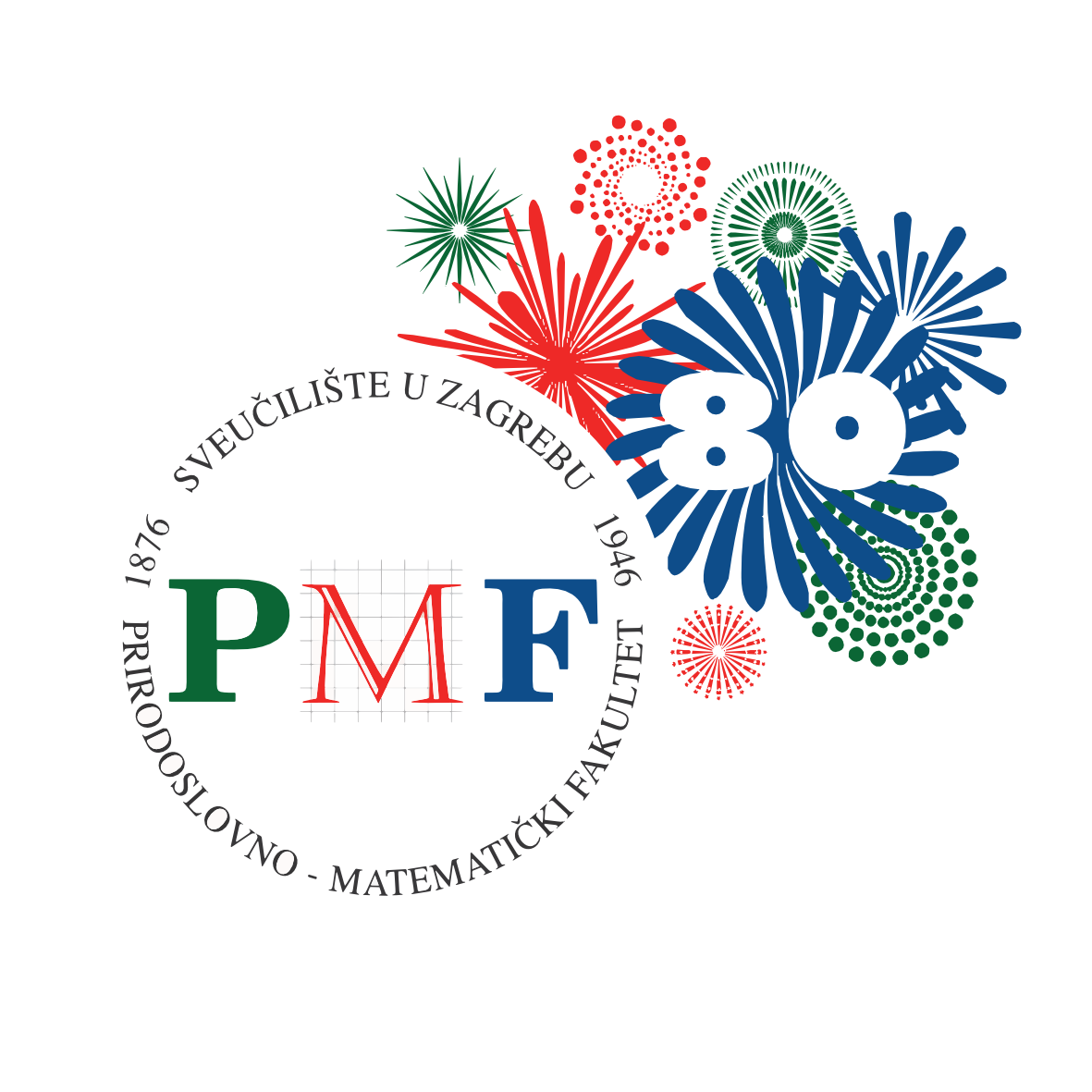
 Pristupačnost
Pristupačnost